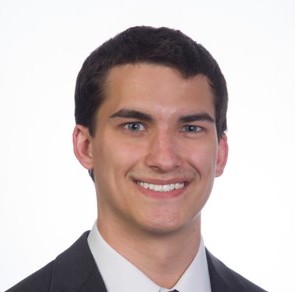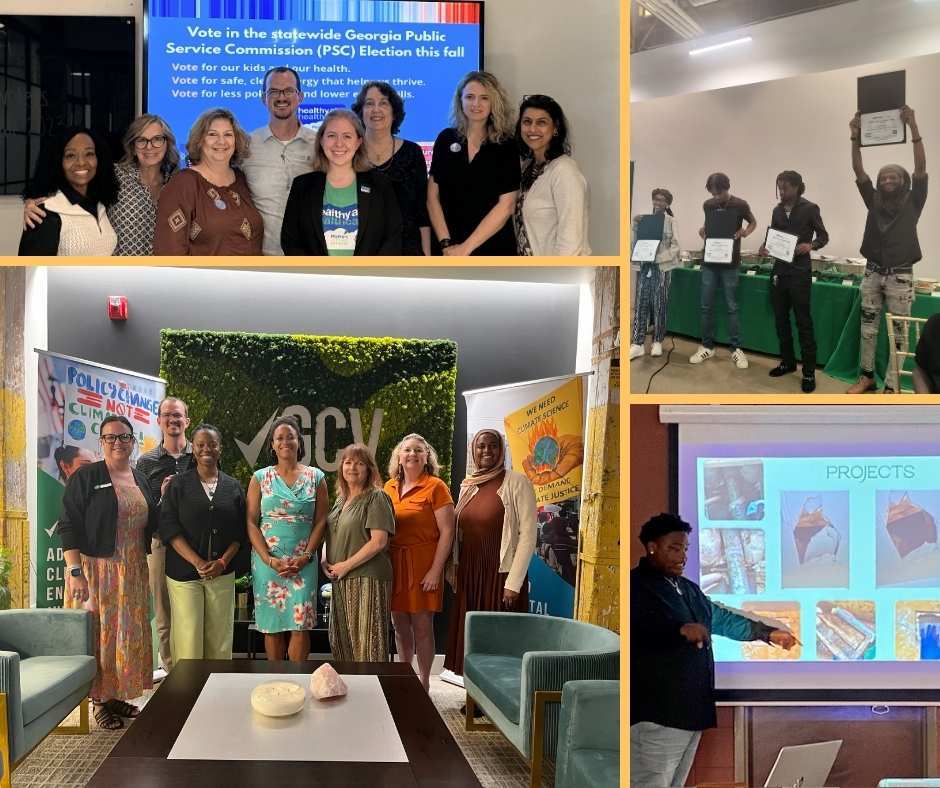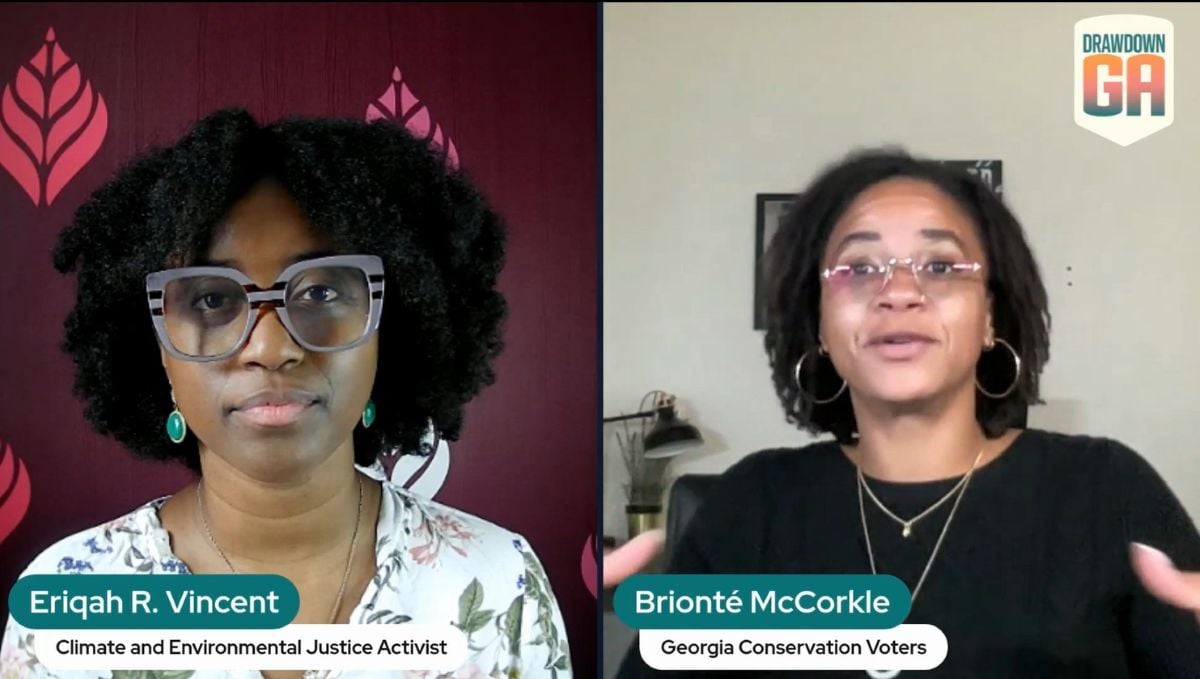“We’ve always done it this way” was declared to be the most dangerous phrase in business by Forbes in 2019. It’s certainly the most dangerous phrase when it comes to our planet. As the IPCC has demonstrated, a business-as-usual approach will leave us high and not-so-dry in 2100 as our atmosphere warms 1.5°C above pre-industrial levels. So what does it take to overcome this inertia to change? I competed in the Carbon Reduction Challenge sponsored by the Ray C. Anderson Center for Sustainable Business in 2018, and learned that sometimes all it takes is a stubborn college student with a calculator.

Two years ago, Chick-fil-A’s Natural Resources Program Lead Stephanie Armistead and I helped the Sustainability and Design and Construction teams coordinate to install dishwashers and LED parking lot lights at restaurants. The internal business case for these initiatives had not considered the reduction in the restaurant’s resource use footprint. For example, the energy needed to heat water for dishwashing in restaurant sinks. So we dove deep and calculated the energy and water savings to create a stronger internal business case. When we did the math, it was impressive: The initiative saves the company approximately $3.5M and 736 metric tons of carbon per year. This experience got me hooked on hunting carbon. Now graduated and building solar power plants for a living, I’ve started an initiative called the MoveTheNeedle Project which aims to create as many stubborn college students as possible.
As Project Drawdown and Drawdown Georgia have demonstrated, the solutions to save our planet already exist. Almost all of these solutions pay for themselves over time and have enormous co-benefits Beyond Carbon. The largest hurdle we face in the fight for our future, especially in the United States, is our own ignorance and apathy. Just this year, we’ve seen people completely change their way of life at the drop of a hat. All it took was an understood threat and a sense of collective responsibility.
The MoveTheNeedle Project’s mission is first to educate those who are passionate about carbon and climate. The next generation of leaders will be critical in shaping decisions—some of them are already in positions of influence. Climate change is a wicked problem, and we will need massive resources of human capital spread across diverse industries to tackle it effectively. In each of our newsletters, we provide creative problem solvers with new connections between seemingly disparate arenas of the climate battle.
Second, we focus on spreading awareness of the basics: our Earth is warming, and it’s our fault. We have 30 years to drastically change our way of life and become carbon neutral if we want to avoid 1.5°C of warming above pre-industrial levels. It’s going to take a coordinated effort for policy and lifestyles to change at the rate our planet needs. We all need to be pulling on the same side of the rope on this issue, and the first step is recruiting those who “don’t believe” and bring them around to “understanding.”
Third, we encourage progress. Tangible action that Moves The Needle, no matter how large or small. Donating time, money, energy, or your human capital will make a difference. We provide our readers with options for simple lifestyle changes that get the ball rolling on reducing their personal carbon footprint. The patterns of footprint reduction are simple, and people who minimize their own footprints will notice opportunities for larger-scale change in the organizations and communities they are involved in.
We hope to create agents for change within organizations that have large footprints. Corporations are often compared to cruise liners in the sense that they can’t turn on a dime. But organizations are made up of people who make decisions. In fact, to continue with a business-as-usual approach is equivalent to the captain of the Titanic seeing the iceberg from 30 miles away, and then holding the wheel exactly in place with a white-knuckle grip. This article in Harvard Business Review gives the U.S. Navy’s position: pursuing only no-regret solutions (the business-as-usual approach) involves an implicit bet: a conscious decision to change nothing. So if the course of our cruise liner is dependent on some product of necessary human decisions and influence, we strive to give people the tools to make the right decisions and expand their influence.
There is a tremendous opportunity for collaboration across industries to advance carbon solutions. Nobody has a patent on turning off the lights when you leave, but these costs go straight to the bottom line of the budgets of our businesses and the carbon budget of our planet. A systems thinking approach to emissions abatement can be applied across industries, and that is what we try to provide for our readers. With the correct examples and supporting theory, a passionate reader will be able to make a connection to their sphere of influence and emulate the success of others. And successes should be shared for others to emulate. Unlike in our markets, our sports teams, and our politics, there is no reason for competition against other factions in the climate crisis. For once, all of humanity is in exactly the same boat.









